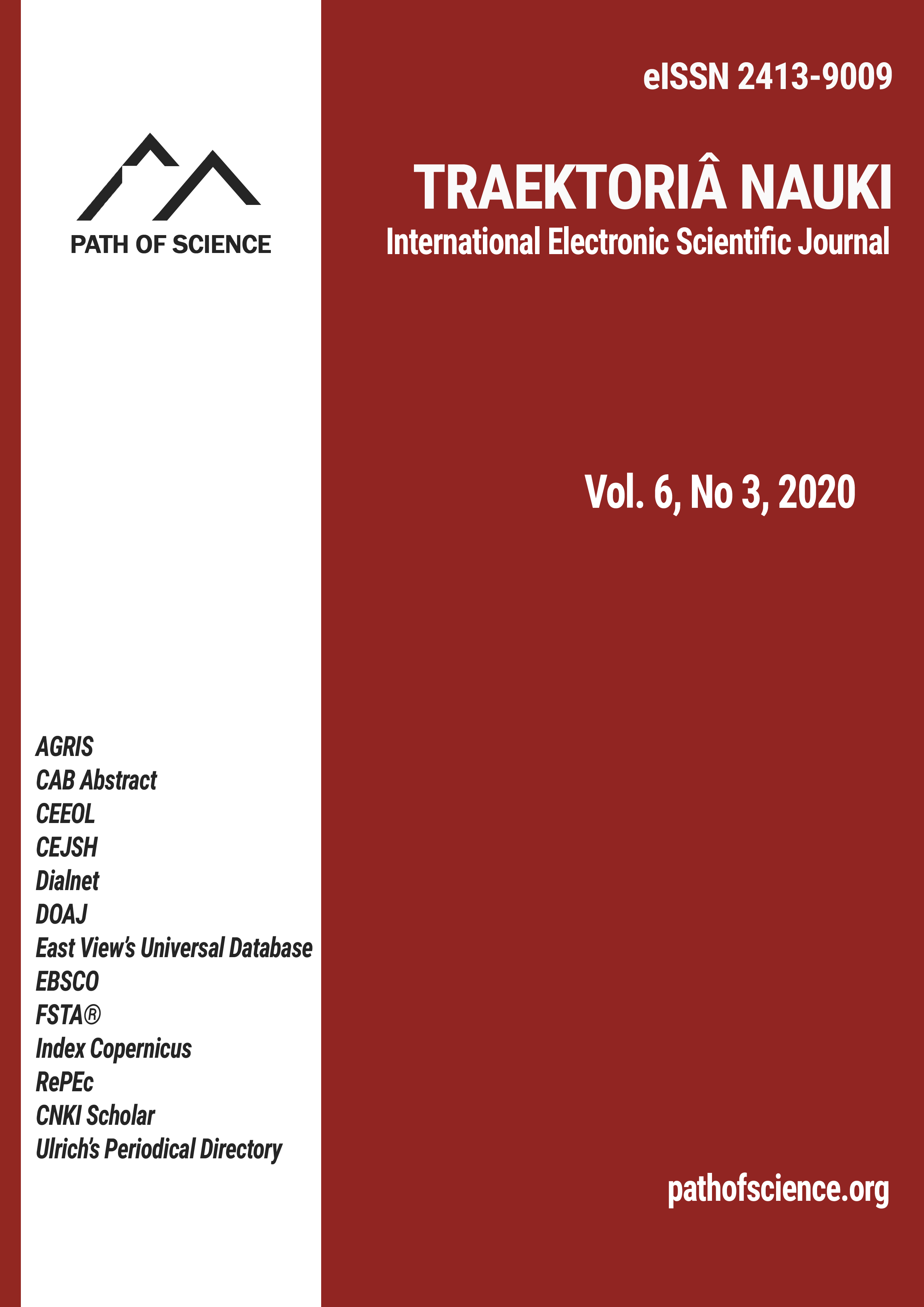Analyzing Variables in Wheel of Participation a Synergy in Facilities Management for Enhancing Academic Performance
Analyzing Variables in Wheel of Participation a Synergy in Facilities Management for Enhancing Academic Performance
Author(s): Habu Mallam Baba, Rozilah Kasim, Abubakar Mammadi, Abdulazeez Adam MuhammadSubject(s): Business Economy / Management, Higher Education
Published by: Altezoro, s. r. o. & Dialog
Keywords: Wheel of Participation; Facilities Management; Academic Performance;
Summary/Abstract: This study analyzed variables in the wheel of participation advocated by Davidson (1998); in this study, wheel of participation is adopted as synergy in facilities management for the maintenance of university community infrastructure and facilities, to examine the effects of synergy by the local community and the university authority in facilities management for enhancing academic performance in Abubakar Tafawa Balewa University, Bauchi (ATBU). 100 questionnaires composed on 5 level-Linkert scales were randomly distributed, Reliability analysis was conducted to check the level of internal consistency among the measuring items, while Multiple Regression Analysis and Structural Equation Modelling with AMOS simultaneously analyzed the effects of the exogenous variables (information, consultation, participation & empowerment) on the endogenous variable (academic excellence) in ATBU. Estimates of the structural model revealed that information sharing, consultation with stakeholders, participation by local community members and empowering stakeholders do not influence academic excellence. While the regression analysis indicated a weak relationship between all the four predictor variables and the academic excellence; and with R2 of 0.029 meant that the predictor variables accounted for only 2.9 % of the variance on academic excellence, thus, 97.1 % is accounted for by other variables not covered in this study. Further studies are recommended to supplement more predictor variables like students´ talent, intuition, flair, willingness to learn (zeal), finance and so on; using the inductive approach.
Journal: Traektoriâ Nauki
- Issue Year: 6/2020
- Issue No: 03
- Page Range: 3021-3029
- Page Count: 9
- Language: English

